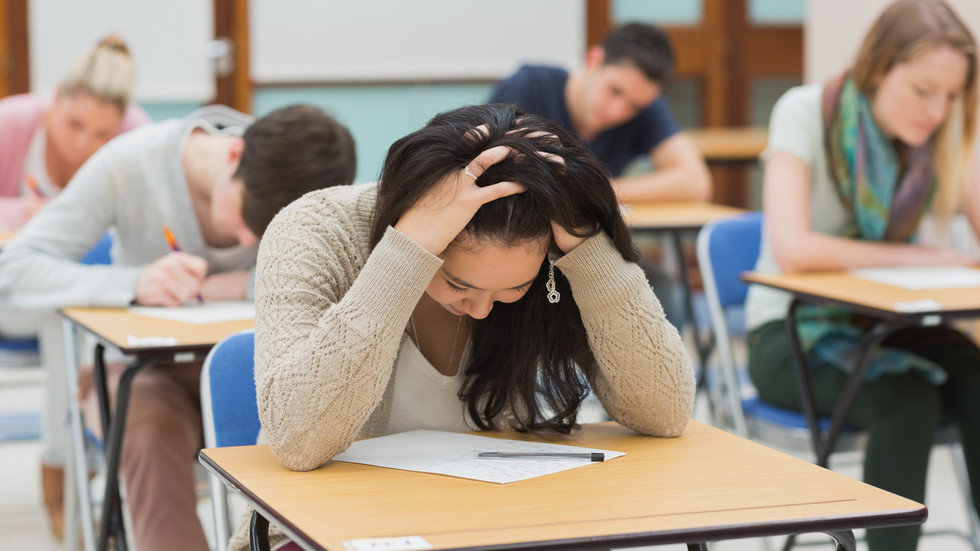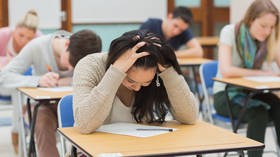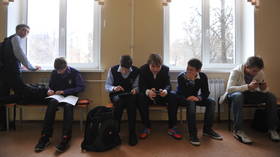
The sharp decline in arithmetic scores is particularly significant in five European countries, claims a research organization

© Getty Images / Wavebreakmedia Ltd
A study by the Organization for Economic Cooperation and Development (OECD) of the academic performance of teenagers from 81 countries has found that their performance in reading and math has plummeted. It also shows that students from European countries have the lowest math scores, while Asian participants have the highest.
Nearly 700,000 15-year-olds were tested in math, reading, and science as part of the Program for International Student Assessment (PISA) 2022 to assess learning before and after the COVID-19 pandemic.
According to the OECD’s press release on Tuesday, the results of the study, which this time was focused on math, show an “unprecedented drop” in academic performance, with average scores down 10 points in reading and nearly 15 points in math compared to 2018. Science scores “did not change significantly,” the document said.
The research found the sharp decline in math achievement to be “three times larger” than any previous change and was most significant in Germany, Iceland, the Netherlands, Norway, and Poland. Participants from Singapore, China, Japan, and South Korea outperformed the others. In reading, Ireland, Estonia, Japan, and South Korea performed well.

Read more
The study also shows the impact of digital devices on students’ academic performance – moderate use of gadgets in school is associated with better grades. However, this depends on whether technology is used to support learning rather than distract from it.
The downward trend in reading, math, and science scores was evident before 2018, suggesting that only part of the decline in achievement can be attributed to the COVID-19 pandemic, the OECD said.
The international PISA survey in these three disciplines is conducted every three years among 15-year-old students. Originally scheduled for 2021, the study was postponed due to the pandemic. All participating countries are OECD partners.
Russia is not on the list of OECD member countries. Accession negotiations have been underway since 2007 and were suspended indefinitely after Crimea joined Russia following a referendum in 2014. In 2022, the OECD formally terminated the accession process following the start of Russia’s military operation in Ukraine.




